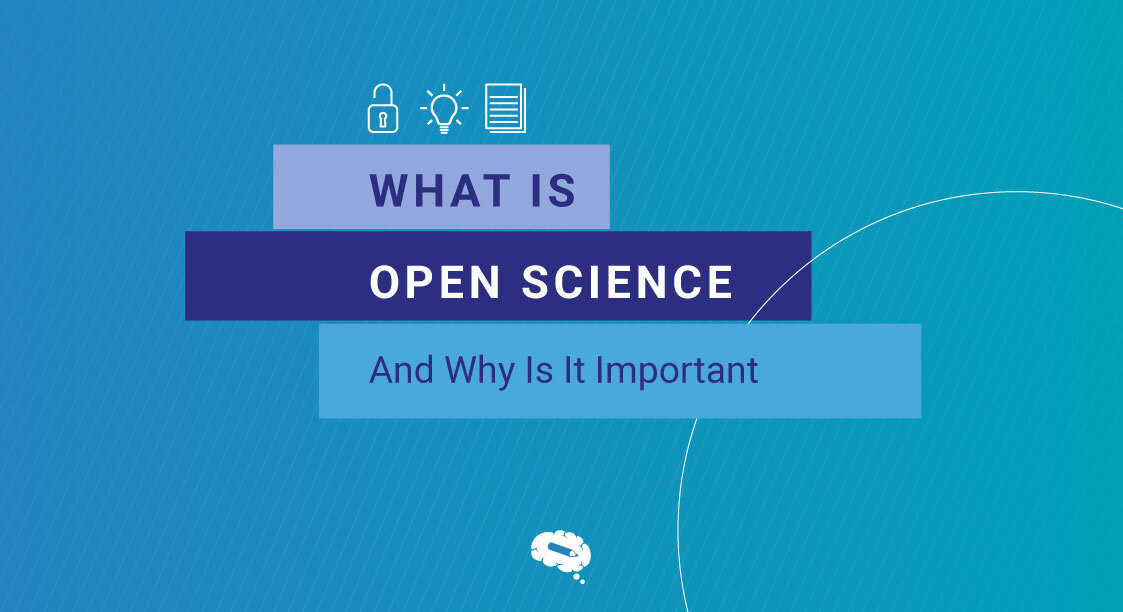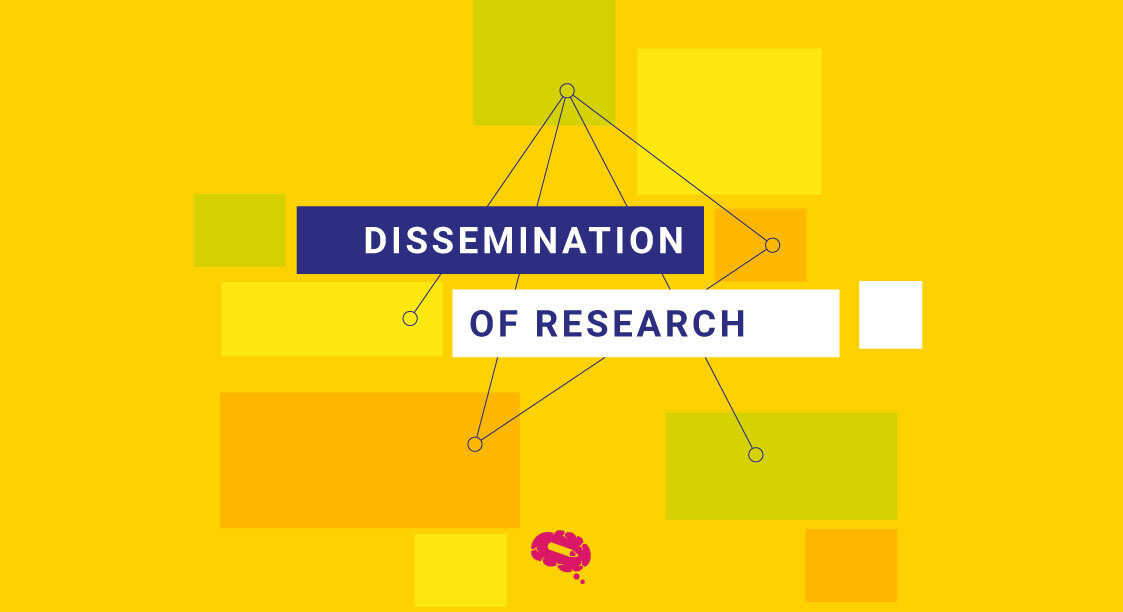Science is the foundation to understand the happenings around us. Without science, there would be millions of things unknown and undiscovered.
Experimentation and the rigorous research carried out by scientists have unveiled the answers to many questions and become the root of innovations. But until the past few years, only novel and exciting research were published and this hindered the advancement of science. To bridge this void, open science was introduced.
Read along the article to uncover the answers to what is open science and why it is important.
What is Open Science?
Open science is a modern approach to carrying out scientific research and disseminating knowledge transparently and collaboratively. It is data-savvy that helps to bridge the knowledge divide by using technology and innovation and makes it easier for people to get involved in science and carry out research.
Open science enhances the scope for advancement in science by identifying the gaps and problems from previous research and sharing information and knowledge among the scientists.
Example of Open Science
The genome project carried out in 1990 is a popular example of open science where the principles of sharing information and collaboration among the scientists were followed to improve the quality and efficiency of the project.
Features of Open Science
Open science is an umbrella encompassing the following pillars.
- Open Data – Through open science, data is made available openly for carrying out further research.
- Open Source – With open science, tools, software, and codes are openly made available to improve the efficiency of the research process.
- Open Access – Through open science, results, analysis, and publications are made openly available to increase transparency and encourage relatability and reproducibility in the research process.
- Open Peer Review – With open science practices, citizens and scientists can openly review the research process and provide their inputs.
- Open Scientific Publication – Open Science encourages scientists to document and publish their work without focusing on results.
- Open Collaboration – Countries or scientists can collaborate to make some social impact through open science practices.
Evolution of Open Science
Open science is not a new concept. The principles of open science came into practice in the 17th with the introduction of scientific journals where the scientists followed the practice of repeating the experiments, but it wasn’t widely accepted.
The traditional research practices would possess a rigorous process of experimentation and the results of this research were then made available to use through research papers which demonstrated the success and authority of the scientist. This made the process highly competitive and confidential among the scientists, leaving no place for a collaborative approach.
To address these gaps in the research, the center of open science started the open science practices in 2013, and the focus was drawn towards three major factors i.e., openness, integrity, and reproducibility. The term “Open Science” was coined recently and was popularized when it was used in a report by the European Commission “science 2.0: Science in transition” in 2014.
Importance of Open Science
- Efficiency – Open science orients the research for social benefits by evaluating the data and reproducing it by combining science with technology.
- Transparency – Open science increases transparency in the data collection process and reduces the chance of duplication of information by verifying the data.
- Innovation – Open science diversifies the scope for innovation and aids in the research process to be carried out within budget.
- Integrity – Open science promotes inclusion by enabling the participation of citizens in the research process and garnering the trust of the citizens.
- Global impact – Open science promotes the chance for collaboration among countries and helps to address global issues.
Sci-hub vs. Open Science: What is the Difference?
| Sci-hub | Open Science |
|---|---|
| Sci-hub is an online search engine that provides academic articles and research papers for free | Open science is the movement to make scientific research accessible to all communities |
| It was launched in 2011 by Alexandra Ebakyan | Open science practices started in the 17th century with the advent of scientific journals but were popularised in 2014 |
| The goal of sci-hub is to spread knowledge by allowing more people to access paywalled content for free | The goal of open science is to make the information accessible to carry out further research and is based on the principles of openness, relatability and reproducibility |
Exclusive scientific content, created by scientists
Explore science like never before by using an amazing infographic tool that makes your research work easy, fun, and presentable. Wait no more and sign up to Mind the Graph for free and enjoy the exclusive scientific content created by scientists to scientists.

Subscribe to our newsletter
Exclusive high quality content about effective visual
communication in science.




